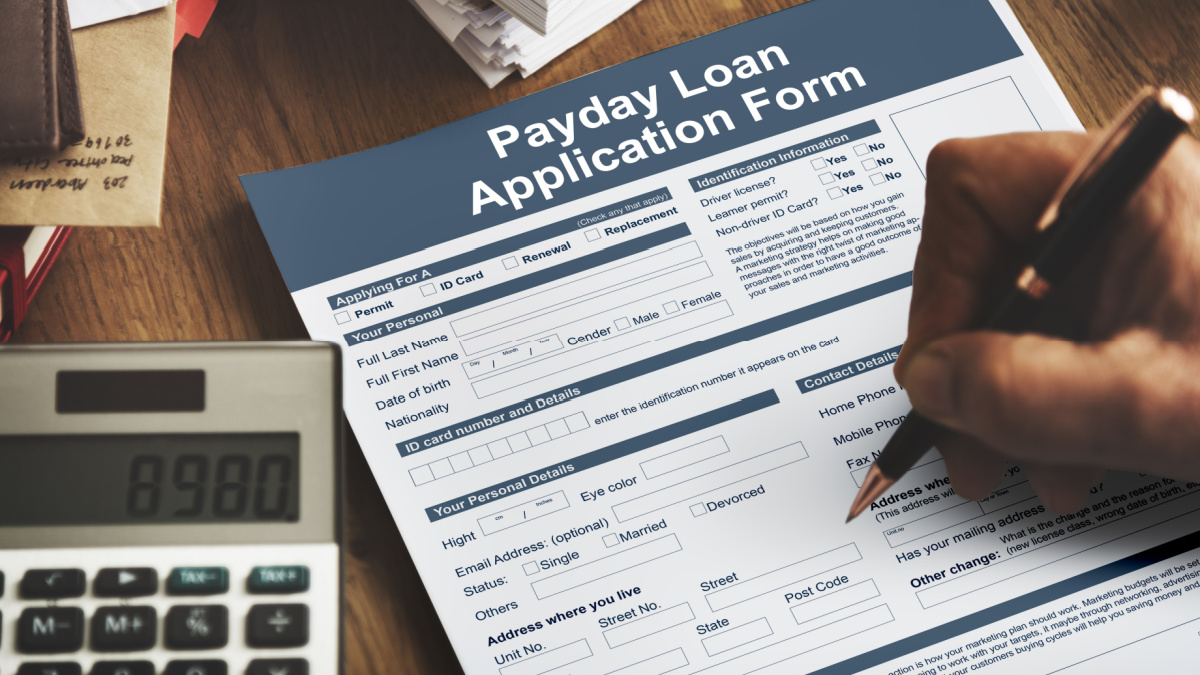Financial literacy is the key to empowering your financial future! Here are ten terms and their definitions to help you start your finance crash course and why they’re essential to know.
Assets

An asset is anything you own that can provide future benefits. This could be anything from cash to real estate and usually falls into two categories:
- Current assets, which you can convert into cash within a year
- Fixed assets, or anything you can’t immediately turn into cash but you can leverage for long-term income
You probably have more assets than you think: furniture, land, vehicles, and investments all count!
Compound Interest

Compound interest is when your interest accrues even more interest. For example, if you save or invest, compound interest would be anything you earn on the cash you deposit plus whatever you gain over time. Reviewing accounts or opportunities to grow compound interest is one of the easiest ways to passively gain more income, even if it’s only a tiny amount.
Cash Flow

Cash flow is the cash moving in and out of your accounts. This could be literal cash or a checking account that you treat similarly to cash.
Equity

Equity is the amount of money you’re worth once all assets and liabilities are tallied. You can determine this by subtracting any liabilities from your total assets.
Liquidity

Liquidity is how quickly one of your assets can be “liquidated” or turned into cash for general use. Cash is the most liquid. However, other assets like real estate or businesses aren’t readily available. They could take many weeks or even months to liquidate.
Net Worth

Net worth is a more common way to describe an individual’s equity. You’d determine it the same way: subtract your liabilities from your assets to get your net worth. If you own more than you owe, you’ll have a positive net worth, but it’s possible to have a negative one if you aren’t careful with money.
Return on Investment (ROI)

There’s no way you’ve gotten this far without hearing about how important return on investment is! People use it to determine just how worthwhile it is for them to invest in something. This could be a literal investment or something more abstract, like building a swimming pool.
Valuation

An asset’s or liability’s monetary worth is determined through valuation. You can do this in several ways, but it’s typical to have a professional provide this if you’re curious to see what something is worth, like your home or a vehicle.
Liabilities

Liabilities are the opposite of assets. This would include any credit card debt or other bank debt from loans. It can also mean deferred taxes and mortgages that could potentially take more than a year to pay off.
Depreciation

Depreciation refers to how much an asset’s value will or has decreased. Many assets depreciate surprisingly fast. Cars, for example, are often said to depreciate the moment you drive them off the lot.
I’m Frugal: Here Are My Top 30 Frugal Living Tips to Save Money

I’m super frugal, and one of my passions is sharing my frugal living tips with everyone.
Here are some of my absolute favorite frugal tips to help you get started on your journey to frugal living.
I’m Frugal: Here Are My Top 30 Frugal Living Tips to Save Money
15 Things That Are No Longer Worth It Because of How Expensive They Have Become

Everything comes with a hefty price tag these days. From indulgences to essentials, the cost of living keeps rising. We used to consider certain items affordable options, but now they’ve become so expensive that they’re no longer worth it. Here are 15 things that have lost their affordability and make us wonder if they are worth it!
15 Things That Are No Longer Worth It Because of How Expensive They Have Become
28 Practical Ways Frugal People Save Lots of Money

Saving money doesn’t have to mean saying goodbye to life’s little indulgences. With a few smart tweaks, you can stash away cash for that dream vacation, rainy day fund, or splurge-worthy purchase without feeling like you’re on a constant budget patrol.
Think of it as a side hustle that pays off without the extra hours. Whether you’re looking to conquer debt or simply boost your bank account, these tips are guaranteed to put more money in your pocket, painlessly.
28 Practical Ways Frugal People Save Lots of Money
20 Poor Hacks Frugal People Use on a Fairly Regular Basis

Even if you’re not poor, you sometimes feel that way, and you probably have some tricks and tips for coping with that. In this article, we’ve compiled several poor hacks that people utilize at least a few times a month or even a week. It’s always good to share these hacks; we hope some of them help!
20 Poor Hacks Frugal People Use on a Fairly Regular Basis
10 Hard Financial Truths About Aging You Can’t Afford to Ignore

Getting older is a difficult thing to face. Unfortunately, it also comes with certain financial considerations that will affect your retirement planning. Here are 10 hard financial truths about aging that you can’t afford to ignore.
10 Hard Financial Truths About Aging You Can’t Afford to Ignore

